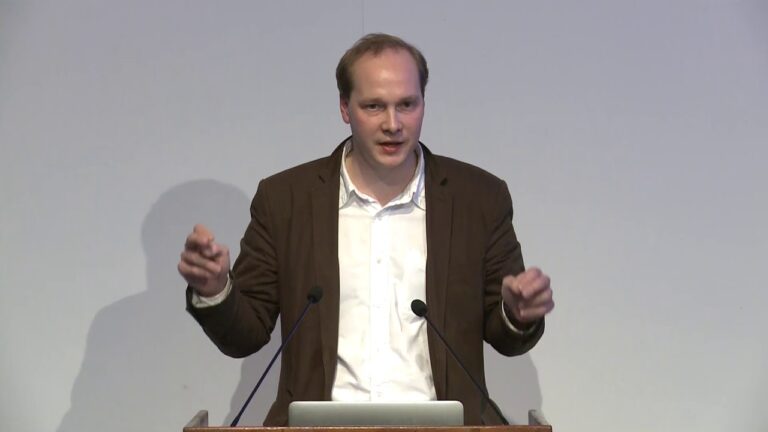
Evening Lecture – Organised by Pushkin House London
20 October 2017
A discussion organised together with Pushkin House to coincide with their exhibition: Alexander Brodsky: 101st km – All stations from here onwards, which marks the 100th anniversary of the 1917 October revolution. The talk will focus on the theme of creative practice in exile – from architects and artists who emigrated, to architects of the avant-garde who poured their energy into fantastical designs for private consumption only, and the “unofficial” and paper practices of the 1970s and 80s.
Andres Kurg is Visiting Professor at the Institute of Art History, Estonian Academy of Arts in Tallinn and Senior Researcher at the Faculty of History, Vilnius University. His research explores the critical architectural practices in the Soviet Union from the 1960s to the 1980s in relation to technological and institutional transformations and modernisation discourses. He has published articles in AA Files, ArtMargins, Journal of Architecture, Home Cultures and contributed to several collected volumes and exhibition catalogues. In 2008 he co-edited Environment, Projects, Concepts: Architects of the Tallinn School 1972–1985; in 2012 he co-curated “Our Metamorphic Futures. Design, Technical Aesthetics and Experimental Architecture in the Soviet Union 1960–1980” in Vilnius National Gallery of Art and Estonian Museum of Applied Art and Design. He has received research grants from the Graham Foundation and EU “Culture” program and held guest fellowships at the Getty Research Institute (2015) and Yale University (2017).
Tom Cubbin is Senior Lecturer in Design Studies at the Academy of Design and Craft in Gothenburg, Sweden. He is the author of Critical Soviet Design: The Communist Surround at Senezh Studio (Bloomsbury: forthcoming). He has also published articles in a number of publications including Journal of Design History, Home Cultures and Dezeen. As an educator, Tom works with students across design disciplines at the juncture of design heritage and exploratory practice.
Clementine Cecil, Director of Pushkin House, has been involved with Russian culture for over 25 years. She lived in Moscow as a journalist between 2001-2006, working for The Times as correspondent and then becoming an activist campaigning for architectural heritage. She was co-founder of the Moscow Architecture Preservation Society in 2002, and has overseen the publication of 4 reports on architectural heritage and the threats it faces, in Moscow, Samara and St Petersburg. She has written and lectured extensively about Russian culture since 2001, as a journalist, including architectural heritage, activism, theatre and art. From 2012–2016 she worked as Director of SAVE Britain’s Heritage and SAVE Europe’s Heritage. As Director of Pushkin House (since April 2016) the home of Russian culture in London, she oversees the production of exhibitions and cultural events including talks, debates, screenings, concerts and other performances. She has co-curated and overseen the preparation of several exhibitions and worked closely in conceiving the project Alexander Brodsky: 101st km – Further and Everywhere as well as curated an accompanying season of events taking place for the duration of the exhibition.
Markus Lähteenmäki is an art historian and the curator of the Pushkin House exhibition and pavilion Alexander Brodsky: 101st km – Further and Everywhere running from October 19–November 11. He is a fellow of the Institute for the History and Theory of Architecture (gta) at ETH Zurich, where he pursues a PhD related to Russian avant-garde poetry and architecture. He received an MA from London’s Courtauld Institute in 2013 after first studying at the universities of Helsinki and Moscow. He worked as a curator for the collector Niall Hobhouse and his Drawing Matter Trust in the UK in which role he curated critically acclaimed exhibitions at Hauser & Wirth Somerset and Swiss Architecture Museum in Basel, as well as directed many of the other operations of the collection. He has taught a theory studio at the Cass, London Metropolitan University and lead seminar series at the RCA and CSM in London. He continues to work as a reader and co-organizer of public and educational programmes at the New Academy in Helsinki and an editor-at-large for the Helsinki based publisher Garret Books as well as an independent writer and curator.
source